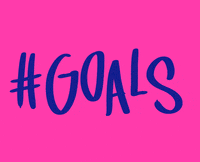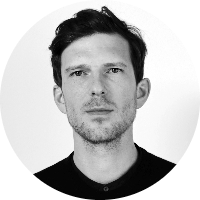Must have
Nice to have
Methods and tools
Agile management
OKR
Scrum
Kanban
Agile
Knowledge management
Confluence
Daily Tasks
You will facilitate and moderate different types of workshops with cross-functional teams and internal/external stakeholders
You will use qualitative research methodologies to ask the right questions in order to get the right answers
You will produce user journeys, process flows and other procedures to identify impediments that need to be solved in a given service or product
You will design, implement, and measure service experiences and connect the business propositions with their corresponding details
You will define concepts and prototypes of data products and services and test them with end-users and internal/external stakeholders
You will support our customers in identifying and developing new growth opportunities within the existing product and service landscape
You will contribute to the development of pitch presentations in order to take the visualization of our services to a new level
Equipment supplied
OS
macOS, Windows
Hardware
Notebook
Hardware
2 Monitor
Perks and Benefits
Regular personal development meetings
Opportunities for career development
Mobile office opportunities
Home Office
Flexible working hours
Private usage for hardware
Freedom to use own tools
Learning accounts
Corporate discounts
Mobility budget
Gym membership
Sport Events
Find out who you’ll be working for
- All
- About
- Work
- Recruitment
- Workplace
- Leadership
What do you like to do to unwind after work?
I love playing the drums. I started playing when I was nine years old and these days going to the rehearsal room after work is the best way to clear my mind and get creative thoughts going. I'm also looking forward to touring with my band TÜSN again when the COVID 19 situation eases up. Being on the road with my best friends and playing live is the best way to wipe away the dust of everyday life.
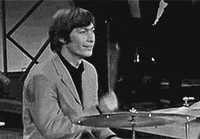
What is your favorite song, book or movie?
I would recommend two of my favorite books. The first one is "The Unbearable Lightness of Being" by Milan Kundera and the second is called "The Man is Asleep" by Sibylle Berg.
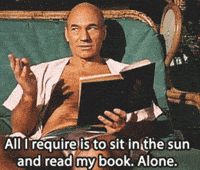
What does purposeful work mean to you?
I think it's crucial to question the meaning of our daily work, especially in our current economic system. There is one thing I try to see critically in this ongoing debate and that is: when specific milieus, usually relatively privileged, moralize the whole topic of "meaningful work" and position themselves at the center of this debate. The meaning of one's work is very personal, and each person should answer this question for themselves. In doing so, there is no right or wrong answer.
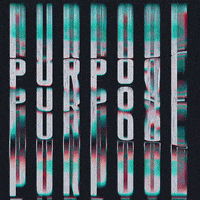
What do you think about the term 'Work-Life-Balance'?
These days, the boundaries between work and life are very fluid. It’s quite challenging to differentiate the two when they sometimes feel interchangeable. Our daily work serves as an identity-forming function in today’s society; therefore, it is common to find that even non-work-related activities have a strong connection to the individual's career goals. What we do professionally defines who we are. I see this factor quite critically because this type of development inevitably leads to a kind of permanent self-optimization. In the long run, you will miss out on so many beautiful things in life just because they don’t fit into your work.
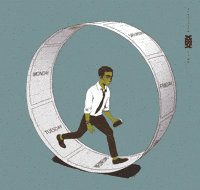
A perfect working day looks like this ...
1. Stars with a black coffee and a cigarette 2. Having enough time to prepare for the whole day 3. At least three hours between all my meetings in order to be able to work productively 4. Lunch with colleagues I don't usually meet up with that often 5. Getting positive feedback from at least one customer 6. Finishing a challenging task 7. An after-work beer with my team.
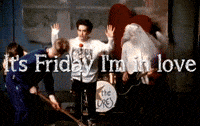
How important are formal degrees or qualifications in a time when technologies are constantly changing and evolving?
I would support the phrase “Hire for attitude, train for skills,” but it all depends on what you do. If you would like to work as a doctor, for example, this approach won’t work. If you have a ton of experience in software development without having a college degree, it shouldn’t matter at all during the hiring process. I wouldn't pay any attention to what university degrees someone brings to the table. In our highly complex world, many things can be achieved without having formal degrees. Sure, there are always exceptions. I’m mainly interested in someone's previous experiences and whether someone is motivated and willing to learn in general.
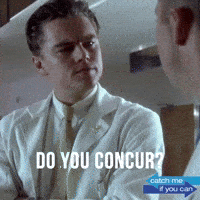
When looking for potential candidates, is there something that you feel carries extra weight in reference to their CV?
Yes. Keep it short and simple. Meanwhile, all CVs are standardized and look almost the same. One reason for this dilemma is that there are many self-proclaimed recruiting specialists out there who claim to know what a CV should look like. To put it very politely, this is not always the truth. Anyway, a short CV is ok. I’m much more interested in what’s not written on the CV anyway. For me, it’s more than enough if candidates simply upload their LinkedIn profile as a pdf. The important stuff can be discussed in a personal meeting.
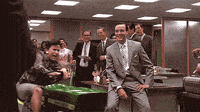
What does the recruitment process look like in your company?
We recently adjusted our internal recruiting procedure to become much faster during the whole process. Basically, our process consists of three parts. First: We perform a technical interview. Either our specialists or seniors attend this meeting as well as the candidate. The goal is to check the technical capabilities of the candidates. Second: The technical interview is directly followed by a 30-minute coffee talk, where the candidate gets the chance to meet the team. Finally: The last interview round is scheduled with our Directors/Senior Directors. In this stage of the interview, our goal is to get to know the candidates more personally and answer any questions they might have. We avoid having a standard interview as much as possible. I always say, it should be more like meeting someone in a bar than a formal office conversation.
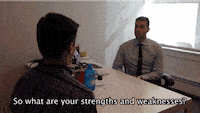
Which three questions do you always ask during a job interview?
Where do you see yourself in five years :-) No, I’m kidding. These are my all-time favorites: 1. If you could design a job for yourself, what would it look like? 2. What do you expect from your manager? 3. What is the most complex problem you solved during your professional career?
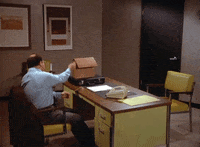
What are your current projects/topics (in your department) / areas of responsibility at your company?
We have an awe-inspiring project portfolio at diconium data. As the suffix "data" suggests, we mainly deal with data. I would like to highlight two new projects that our Berlin location manages. In the first one, we are developing data products for a customer in the automotive industry. Our client's goal is to offer data products to 3rd parties via an API marketplace. In the second project, our goal is to personalize learning content by using advanced analytics. The long-term goal for our customer is to answer the following question: What impact does the learning content have on the performance of their sales staff?
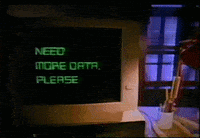
How would you describe your company culture?
The people who work for a company create its culture, not the other way around. Because of this I would rather describe our Berlin Team instead of the company culture. Our Berlin team consists of a colorful bunch of fascinating personalities with distinctive competencies who trust each other and like to go against the grain. What counts is personal and professional growth and of course, we always strive to build great products for our customers.
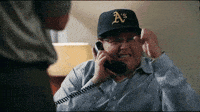
How would you describe your management style?
I would categorize my management style somewhere between participative and laissez-faire. From my point of view, the key to success is trust. I firmly believe that people are intrinsically motivated and that command-and-control leadership has never made sense. I’m quite convinced that every employee knows exactly what they want to work on (that is of course if you hired the right person for the job), and my job is to do the best I can to make this happen.
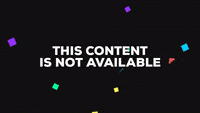
How would you describe the people who report to you? Is there a common thread in your opinion of them?
Yes, THEY ARE AWESOME
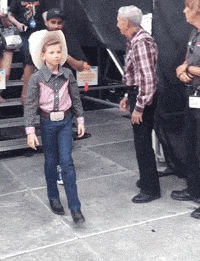
How do you support your employees with their career goals?
The great thing within our company is that we have a rule in place called 3+1+1. This equation has the following meaning. You work three days within your main project, one day on a smaller one with the goal to acquire new skills, and the last day is reserved for your personal development. In addition to the time factor we offer, there is an annual training budget for each employee. We have a clearly defined career & personal development process in place. During the year, we hold four “development” meetings with our employees. Two of them cover the personal development topic. One is dedicated for salary review and the last one is for the purpose of career development. Learning & development is a super important topic for me, and I’m trying to support each employee as best as possible to achieve their personal goals.
